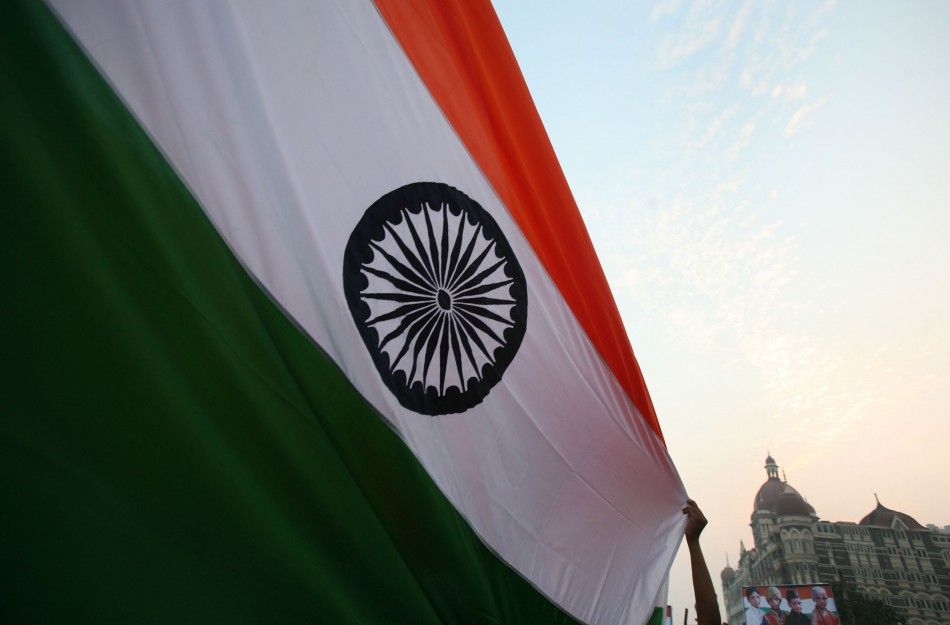A Nation of Free Thinkers: How India's Culture of Liberty Shapes Its People and Society

New Delhi, India - For tens of thousands of years, India has been a beacon of freedom of thought, where scholars and thinkers have openly challenged the status quo and accepted dissenting views. This unique culture has allowed Indians to live their lives independently, without fear of persecution or reprisal.
In stark contrast to many other societies, which often stifle free expression and punish those who deviate from orthodoxy, India's history is replete with examples of individuals and groups challenging conventional wisdom. The Charvaka school of thought, which rejects the idea of a supreme deity, has been included in ancient Hindu scriptures, for example.
Similarly, when same-sex relationships are acknowledged as part of human diversity, rather than being stigmatized or punished, as is often done in Western societies. This acceptance has allowed Indians to live openly and authentically, without fear of social ostracism.
India's history has also shown that the pursuit of knowledge and ideas is a fundamental aspect of its culture. Scholars such as Giordano Bruno and Galileo have been celebrated for their original thoughts, despite being labeled as heretics by the authorities.
The country's revolutionary Communist parties have also played an important role in shaping India's democratic landscape. While their ideology has faced numerous challenges, they have also allowed for open debate and participation within the electoral system.
Today, India is a country where individuals can express themselves freely, without fear of reprisal. From street performers to sadhus (naked ascetics), from women who walk on ropes as a form of income to fighter pilots, Indians live their lives with dignity and purpose.
The sheer diversity of Indian society - with its many languages, cultures, religions, and ethnic groups - is held together by an underlying thread of unity. This has enabled the country to navigate even the most complex global challenges with ease and poise.
In a world where fundamentalist ideologies are on the rise and free thought is often discouraged, India stands out as a shining example of a society that values individual freedom above all else.
With its upcoming Kumbh Mela celebration - expected to be attended by an estimated 100 million people - India's tradition of welcoming diversity and celebrating difference is about to reach new heights. As Indians come together to revel in the divine, they are also reaffirming their commitment to a culture of free thought, open discussion, and mutual respect.
Whether or not this approach has contributed to India's remarkable success as a nation remains a topic for debate among scholars. But one thing is certain: India's people are living proof that freedom of thought can be a powerful foundation for individual achievement and social harmony.
